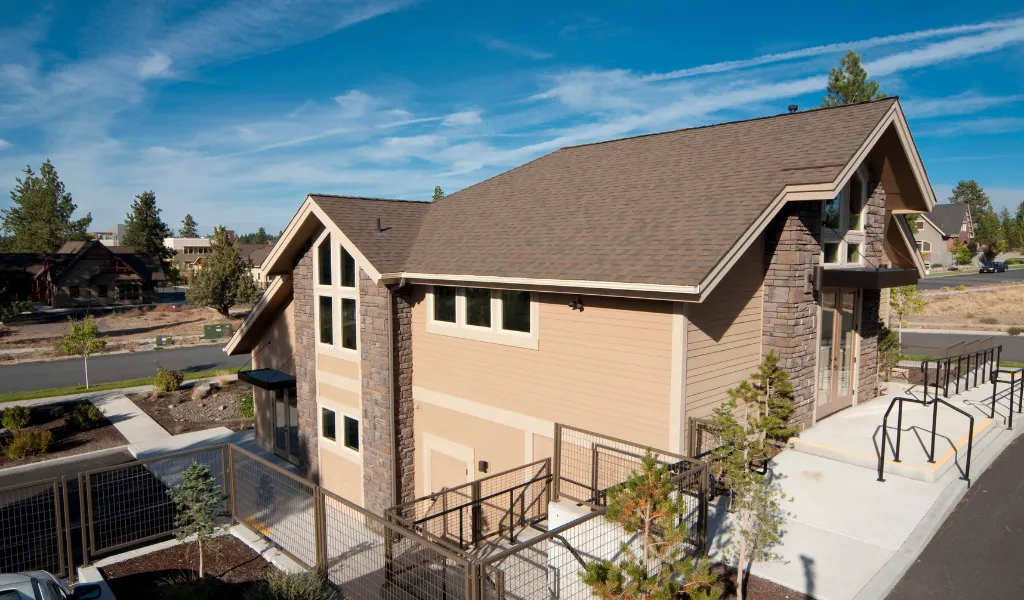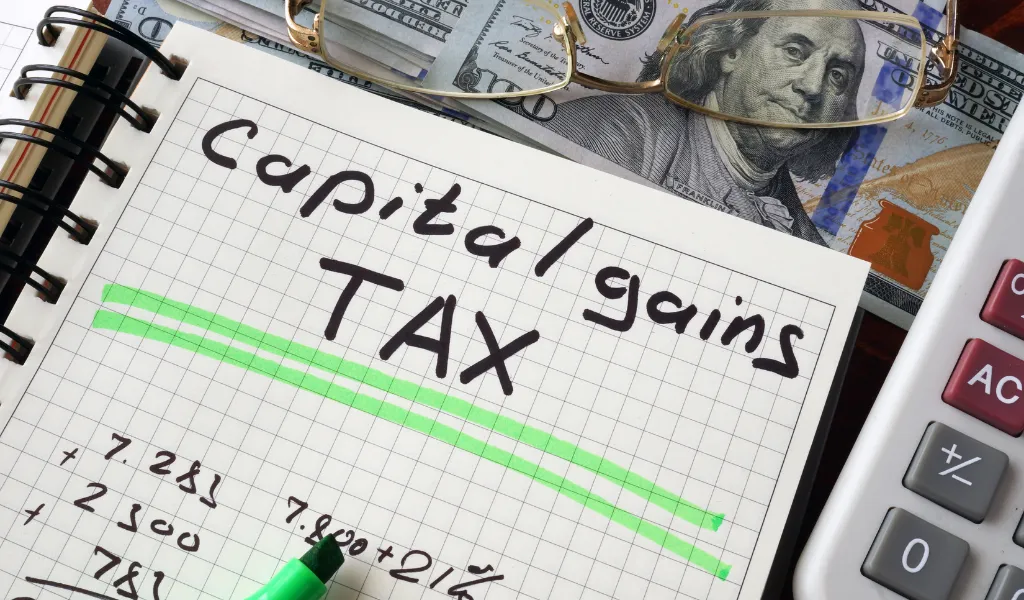Buying a home is a major achievement in people’s lives. When it comes to purchasing leasehold properties, the process is rather complex. You may end up facing a lot of expenses. That is why it is important to fully understand the advantages and disadvantages of buying leasehold property. This guide will cover the cons and much more. First, let’s discuss the meaning of the leasehold.
What is a Leasehold Property?
Two forms of legal property ownership exist in the UK. One is freehold. In this kind of ownership, you own both the property and the land it is built on. Whereas, in leasehold, you obtain a lease from the freehold to use the property for several years. Thus, you own the building, but not the land that it is built on.
Furthermore, there are two ways to get a lease. The freeholder may create a new lease for you. Or you can take the existing lease from the previous owner. You must pay ground rent when you purchase a leasehold property. Do not worry, as it is often a minor annual fee. At the end of the lease, ownership returns to the freeholder or the landlord. You must bear in mind that it is a dwindling asset. This is because even if you live on the property for the full 80 years, you have nothing to show.
It does not matter that you are free of mortgage as well. Before you commit, you should also think about how time consuming and costly extending is. Indeed, it is a complex legal process.

How Do You Know if A Property is Leasehold or Freehold?
Now, the question arises as to how you can know if you are buying a leasehold property. The answer is simple. It is a legal requirement that all properties on sale must state whether the tenure is leasehold or freehold. Therefore, it is important to understand the disadvantages of buying leasehold property.
What is the Duration of a Lease?
The length of a lease varies from property to property. Nevertheless, they are usually long term. They can range from anywhere between 90 to 999 years. As the property returns to the freeholder once the lease ends, a short lease has negative effects on the property value. This causes issues when the time comes for selling or even re-mortgage. You should not look at properties whose leases are about to come to an end. Although, in some cases it is out of your control. Lenders are not likely to give you a mortgage if you want to purchase a property that has less than 80 years left on its lease agreement.
Disadvantages of Buying Leasehold Property in the UK
When buying leasehold property, you should consider the following drawbacks:
Property Management Agents Do Not Prioritise Leaseholders
Most leaseholders face the issue of property management agents not prioritising their needs. You should remember that the main objective of the management company is to make sure the freeholder is content. The freeholder is their principal customer. Hence, leaseholders suffer as they do not get the quality customer service that they deserve. Unfortunately, freeholders often ignore the complaints of leaseholders. They do not consider the dissatisfaction of leaseholders. As a result, they cannot properly address their concerns, and issues remain.
Bad Management Company
You can end up with a bad management company as not all are necessarily good. There is a possibility that the freeholder does not worry too much about the leaseholder. Moreover, they may neglect your requests or refuse to make updates on the property. This can occur even if the service charges are high.
No Advantage from Appreciation of Land
Since you do not own the land that the property is on, you do not gain any benefit when the value of land increases over time. You should not worry as there is good news. You can benefit from the appreciation of the property itself.
Increased Chances of Legal Trouble
You may have legal safeguards to protect yourself from unreasonably expensive charges. Yet, risks can still exist. Freeholder can put them forward. Suppose you take your management company or your freeholder to court over an issue. Then, you may end up paying their legal fees if you do not win the case. This is quite likely because leaseholders take freeholders to court. Disputes over service charges are the reason for doing so. If the court case doesn’t end how the leaseholder expects, then they may have to pay the legal fees that are incurred themself and the legal fees of the freeholder. So legal trouble can have consequences. Hence, it is necessary to know the disadvantages of buying leasehold property.
Lease Extensions
Lease agreements are bound by time. Usually, it is a for a certain number of years. Before the lease has less than 80 years remaining, it needs extension. How much does extension cost? Well, that depends on the legal expenses and your freeholder. It can cost you tens of thousands of pounds at times. If you do not extend the lease before it reached the 80-year mark, you will incur higher costs. This is because it attracts ‘marriage value’. What does that mean? It entitles the freeholder to 50% of the value that the lease extension adds to the property.
A Lease with Less Than 80 Years Can Reduce in Value
Generally, the public’s desire decreases as the length of time remaining on the lease goes down. The reason is that the freeholder gets the property back after the 80 years. Thus, they will not own anything. Additionally, leaseholders usually hold a lease for around 30-40 years before they sell it. That is why it is important to look for property with specific years on them. Suppose you purchase a leasehold with 80 years remaining. Then, you will find it difficult to sell it. This is because they must own it for 40 years or so and cannot sell it for any money. To sum up, all freehold and leasehold agreements exist because those who are purchasing them want to make a profit. If they cannot sell it for a profit, then the less is not very appealing to them. Therefore, it is important to know the disadvantages of buying leasehold property.
It is Difficult to Mortgage a Property That is 70 Years or Longer
You already know that people do not wish to purchase a leasehold with less than 80 years on the lease. In the same manner, a lender will not lend you money on a leasehold with less than 70 years on it. This is because its value is likely to decrease. As a result, if you want to buy a leasehold, you may not get the right level of finance. Which means there are restrictions on what you can buy.
Increasing Service Charges
Every lease agreement comes with service charges. What do these charges cover? Well, they cover cleaning, building insurance, property maintenance, and ad hoc repairs. The downside is that service charges tend to increase with time. Thus, owning a leasehold property is challenging, without a doubt. Now, you know the major disadvantages of buying leasehold property in the UK.
Freeholders Lack Regulation
Another drawback of buying a leasehold property is that there is no regulation of freeholders. Which means that they can charge leaseholders with exorbitant fees. Such a charge has no other alternative. You can face hefty charges for the following:
- Request for alterations.
- Lease extensions.
- Permission to keep pets.
Therefore, it is necessary that you do your due diligence before you buy a leasehold property. Otherwise, you will deal with a lot of undue stress and financial strain later.
High Amount of Conveyancing Fees
It is more complex and time-consuming to purchase or sell a leasehold in comparison to a standard house sale. Which results in higher conveyancing fees. In fact, conveyancers may not work with leasehold properties because of this reason. It is likely that additional standard checks for the purchase of your leasehold property can cost you further £100-£250. Thus, you should understand the disadvantages of buying leasehold property.
Imposition of Restrictions on Sub-letting
What is sub-letting? Well, it is a way for a tenant to manage their finances as it allows them to increase their income. If you own a property that is within the mortgage regulations to sublet, you can legally sublet it. You can do so using a lodging agreement. Furthermore, it is an excellent way to save on tax. This is because there is a £7,500 tax free allowance. In a situation where you are in the process of paying off a property, you can live in one of the rooms. You can rent out the other rooms. As a result, you can save some extra money and maybe even make all your mortgage payments. Unfortunately, you cannot do so in a leasehold property. There are terms of the leasehold that impose a restriction on the buyer to sub-let their property. Which is a major drawback when it comes to saving money.
Conclusion
To summarise, buying a leasehold property is a complex matter. You need to fully understand the advantages and disadvantages of buying leasehold property. That way, you know what you are committing to. Make sure you comprehend the difference between freehold and leasehold. Even though there are plenty of drawbacks to purchasing a leasehold property, it still has its benefits.
To conclude, you must pay council tax on your second home. The amount of council tax you owe depends on the council tax band you fall into. There are ways to avoid paying council tax. Make sure you meet the criteria for doing so. The rules vary in different parts of the UK. It also depends on your local council. Therefore, it is ideal to learn about the rules and criteria for council tax and its exemptions.








